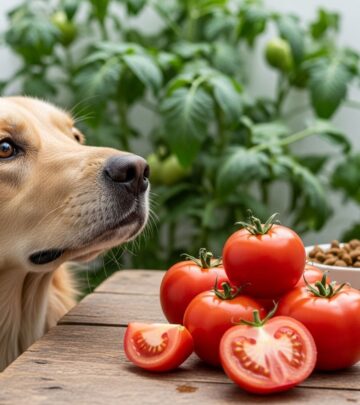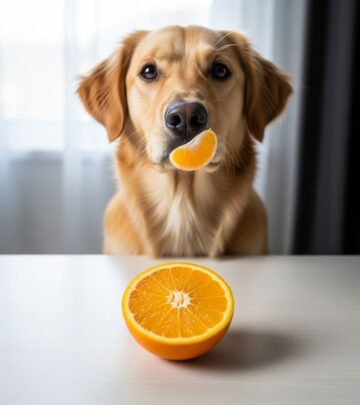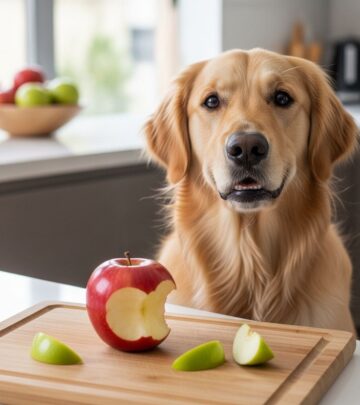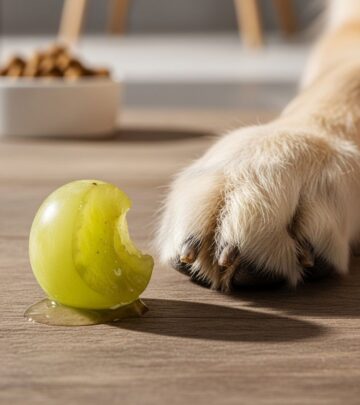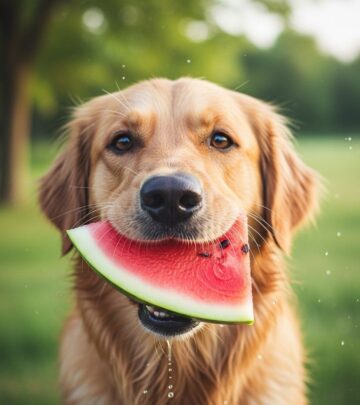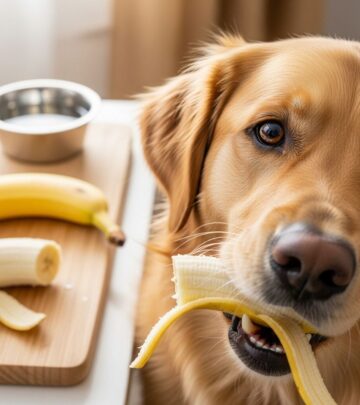Can Dogs Eat Carrots? A Comprehensive Guide for Pet Owners
A crunchy treat that hydrates and cleans teeth while delivering essential vitamins.
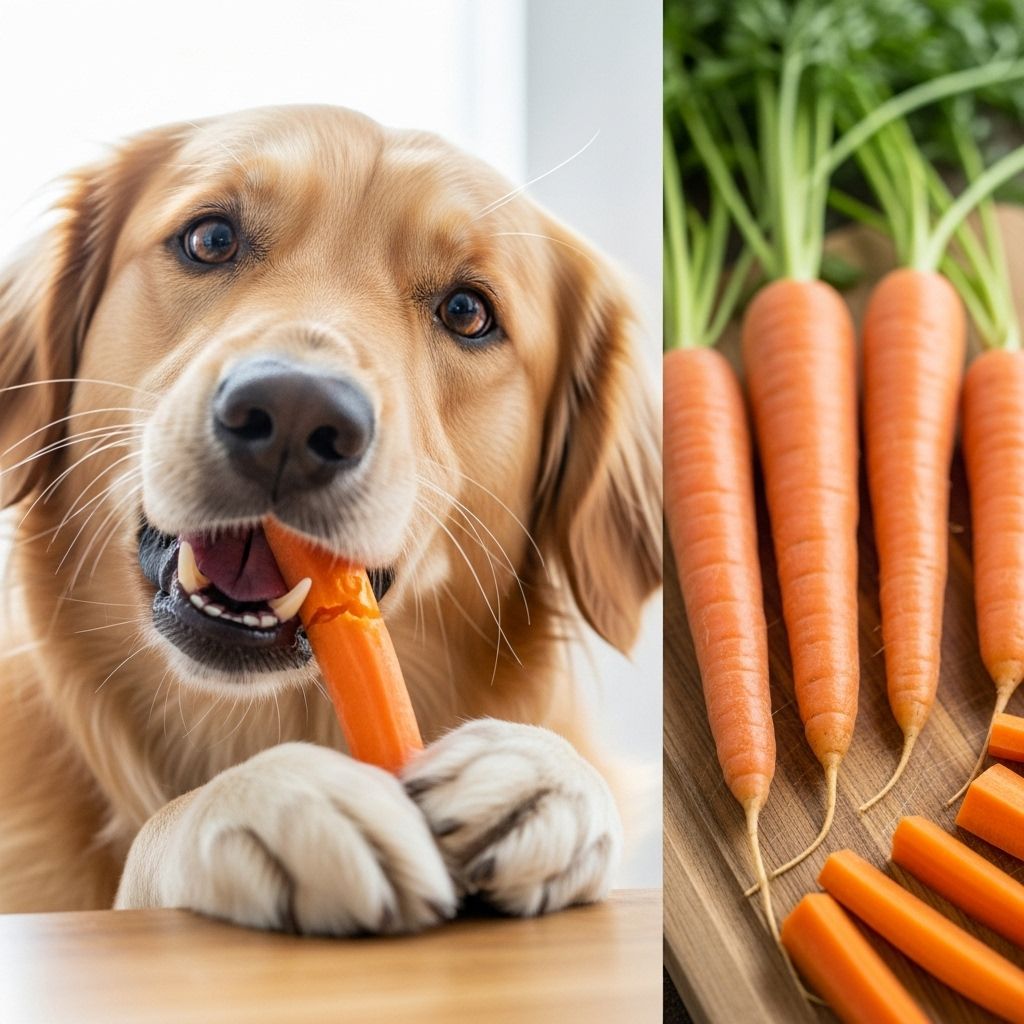
Many dog owners ask: Can dogs eat carrots? The simple answer is yes—carrots can be a safe, healthy treat for your canine companion when served appropriately. But as with any food, there are important guidelines, potential risks, and best practices you should know to ensure your dog’s health and happiness. This article explores the nutritional value of carrots for dogs, optimal serving sizes, preparation tips, potential dangers, and answers frequently asked questions for every responsible pet parent.
Are Carrots Safe for Dogs?
Carrots are generally safe for dogs of all ages, and both raw and cooked carrots can be included in your dog’s diet. In fact, many veterinarians and nutritionists recommend carrots because they are low in calories, packed with nutrients, and offer a satisfying crunchy texture that dogs love.
- Non-toxic: Carrots are not toxic to dogs in any form.
- Versatile: They can be served raw, steamed, boiled, or baked—just avoid added seasonings or oils.
- Safe for puppies: Cut into small pieces, carrots are safe for teething puppies (but always supervise).
Nutritional Benefits of Carrots for Dogs
Carrots aren’t just safe—they offer multiple health benefits for your dog when given as part of a balanced diet and in the right portions.
- Low-calorie snack: Ideal for dogs needing weight management.
- Rich in vitamins: Carrots contain vitamin A (from beta-carotene), vitamin K, vitamin C, and important antioxidants.
- Good fiber content: Support healthy digestion and can regulate bowel movements.
- Promote dental health: The crunchy texture helps clean teeth and massage gums, reducing plaque buildup.
- Hydration: Carrots have a high water content (over 85%), helping keep your dog hydrated.
These traits make carrots one of the healthiest treat alternatives available for dogs .
Risks and Precautions: When Can Carrots Be Bad for Dogs?
While widely safe, there are certain risks associated with feeding carrots to dogs if not prepared or served correctly :
- Choking hazard: Large or whole carrots, especially with small dogs or puppies, can cause choking or intestinal blockage. Always chop into bite-sized pieces and supervise your dog.
- Digestive disturbance: Too much fiber may cause stomach upset, gas, or diarrhea, particularly in dogs unused to high-fiber foods.
- Natural sugars: Carrots contain natural sugars, which is generally safe, but may not be ideal for diabetic or overweight dogs if given in excess.
- Allergic reaction: Rare, but some dogs may exhibit itching, swelling, vomiting, or diarrhea. Introduce carrots slowly to monitor for sensitivities.
Symptoms of Adverse Reactions
- Vomiting or diarrhea
- Excessive gas or bloating
- Skin irritation or itching
- Lethargy after eating carrots
If any of these symptoms occur, discontinue carrots and consult your veterinarian.
Recommended Serving Sizes for Dogs
Carrots should be considered a treat rather than a staple. Experts recommend that treats—including carrots—make up no more than 10% of your dog’s total daily caloric intake . Here’s a general serving size guide based on your dog’s size:
| Dog Size | Serving Size | Frequency |
|---|---|---|
| Extra-small (2–10 lbs) | 1–2 baby carrots or ¼ small carrot | 2–3 times per week |
| Small (11–20 lbs) | 2–3 baby carrots or ½ small carrot | 2–3 times per week |
| Medium (21–50 lbs) | 3–4 baby carrots or ¾ small carrot | 2–3 times per week |
| Large (51–90 lbs) | 4–5 baby carrots or 1 small carrot | 2–3 times per week |
| Extra-large (91+ lbs) | 5–6 baby carrots or 1 large carrot | 2–3 times per week |
Adjust accordingly based on your dog’s individual dietary needs, activity level, and advice from your veterinarian.
Best Ways to Prepare Carrots for Dogs
The way you prepare carrots impacts their safety and how easily dogs can digest them. Here’s how to serve carrots safely:
- Wash and peel: Always wash carrots thoroughly to remove dirt and pesticides; peeling is optional but can reduce pesticide residue.
- Chop or slice: Cut carrots into bite-sized pieces appropriate for your dog’s size to minimize choking hazards.
- Cooked or raw: Both are safe, but lightly steaming carrots makes them easier to chew and digest, especially for dogs with dental issues.
- Frozen carrots: A large frozen carrot can serve as a chew toy (great for teething puppies), but supervise to prevent big chunks from breaking off.
- Avoid additives: Do not add salt, butter, seasonings, or oils.
- Blended or pureed: For small dogs, puppies, or older dogs, blend or puree carrots and mix with dog food.
Creative Ways to Incorporate Carrots into Your Dog’s Diet
- Training treats: Use bite-sized carrot slices as healthy, low-calorie rewards during training sessions.
- Meal topper: Grate or finely chop carrots and sprinkle them over your dog’s regular food for added nutrients and crunch.
- Homemade dog treats: Bake carrot-based dog biscuits or freeze carrot puree in ice cube trays for a cool summer snack.
- Dental chews: Offer a larger carrot (carefully supervised) to support natural teeth cleaning.
Frequently Asked Questions (FAQs)
1. Are cooked carrots better than raw carrots for dogs?
Both cooked and raw carrots are safe for dogs. Lightly cooking (steaming) carrots can make them easier to digest, which is helpful for older pets or dogs with sensitive stomachs. However, cooking can slightly reduce certain heat-sensitive vitamins. Always avoid adding seasonings.
2. Can dogs eat carrot tops or leaves?
Carrot tops (leaves) are not toxic but can cause mild digestive upset if eaten in large amounts. Some dogs may not like the bitter taste. Wash thoroughly if feeding, and offer only occasionally in moderation.
3. How do carrots affect dog digestion?
Carrots are high in fiber, which can help regulate digestion and prevent constipation. However, too much fiber can cause gas or diarrhea. Always introduce carrots slowly and monitor stool consistency.
4. Are there dogs who should avoid carrots?
Dogs with diabetes or obesity should consume carrots only in limited amounts due to natural sugars. Dogs with allergies or history of digestive issues should have carrots introduced gradually and under veterinary supervision.
5. Can puppies eat carrots?
Puppies can safely enjoy carrots if they are cut into tiny, manageable pieces. Cold or frozen carrots can help alleviate teething pain but require supervision to avoid choking.
6. Do carrots help with bad breath in dogs?
The crunchy texture can help reduce plaque and clean teeth, leading to fresher breath. However, carrots are not a substitute for regular dental care, brushing, and vet checkups.
Signs Your Dog Likes or Dislikes Carrots
- Likes: Excitement when offered carrots, quick eating, searching for more.
- Dislikes: Sniffing but refusing, spitting out, or ignoring carrot pieces in the bowl.
Tips for Safely Introducing Carrots to Your Dog’s Diet
- Start slow: Give a small piece and monitor for 24–48 hours for adverse reactions like upset stomach or skin irritation.
- Watch stool: Loose stool may mean too much fiber, so reduce portion or frequency.
- Consult your vet: Especially if your dog has diabetes, allergies, or a history of digestive problems.
- Rotate treats: To avoid too much fiber or sugars, alternate carrots with other approved fruits or vegetables suited for dogs.
Which Dogs Benefit Most from Carrots?
- Overweight or obese dogs: Carrots are low in calories and can satisfy a craving for crunch.
- Puppies: Teething puppies benefit from cold or frozen carrot sticks (always supervised).
- Seniors: Soft-cooked carrots are easy on aging teeth and digestible.
- Active dogs: Get a vitamin and fiber boost for recovery and health.
When to Avoid Feeding Carrots to Your Dog
- If your dog has a diagnosed carrot allergy.
- If dietary restrictions for diabetes or obesity are in place and your vet advises against it.
- If your dog has a history of choking or swallowing large food pieces whole (unless carrots are pureed).
- If you notice any adverse reactions such as vomiting, diarrhea, or itching.
Key Takeaways
- Carrots are a safe, healthy, and affordable dog treat when served in moderation and prepared correctly.
- Always chop carrots to avoid choking hazards, especially for small dogs or puppies.
- Monitor for digestive upsets and introduce new foods gradually.
- Consult with your veterinarian before making changes to your dog’s diet, especially for pets with special health considerations.
Resources and Further Reading
- Consult your veterinarian for personalized feeding advice.
- Check comprehensive charts for dog-safe fruits and vegetables before introducing new foods.
- Explore healthy dog treat recipes featuring carrots and other canine-friendly ingredients.
References
- https://noblevetclinic.com/blog/can-dogs-eat-carrots
- https://www.chewy.com/education/dog/food-and-nutrition/can-dogs-eat-carrots
- https://www.akc.org/expert-advice/nutrition/can-dogs-eat-carrots/
- https://www.spotandtango.com/blog/can-dogs-eat-carrots
- https://www.petmd.com/dog/nutrition/can-dogs-eat-carrots
- https://www.becopets.com/blogs/news/can-dogs-eat-carrots
- https://snoutsnstouts.com/dog-safety-and-wellness/are-carrots-good-for-dogs/
- https://www.earthbornholisticpetfood.com/blog/pet-nutrition/are-carrots-good-for-dogs/
- https://www.dogsnaturallymagazine.com/can-dogs-eat-carrots/
Read full bio of medha deb

